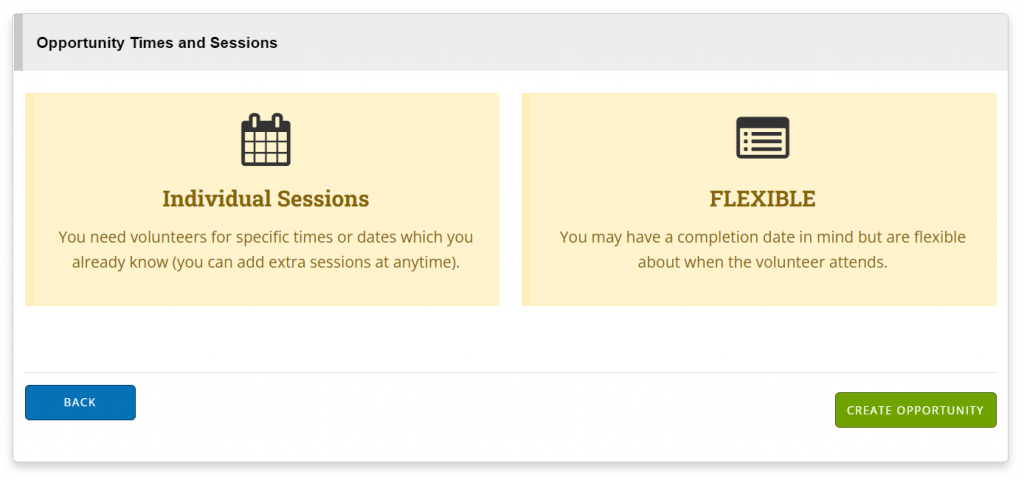Heritage organisations rely heavily on the support of volunteers. According to research by Historic England, evidence from their primary research indicates that volunteers in the heritage sector play a key role in facilitating the operation of the sector.
The number of heritage volunteers has been increasing since 2012. Heritage volunteering has also gradually increased as a proportion of all volunteering, accounting for 5.7% in 2016. In the survey conducted by Historic England, organisations in the sector said that without the time and effort given freely by volunteers, the effectiveness of their activities and engagements would significantly decline.
Heritage organisations may face challenges in the upcoming months such as volunteer shortages. Due to the cost of living crisis, regular volunteers may choose to give up less of their time to help out as they now need to seek paid work to help them during the rising cost of living leading to the retention of volunteers being more difficult.
Heritage organisations could also need more volunteers due to a potential increase in visitors. Many people during this rising cost of living won’t have the disposable income to go out and pay for forms of entertainment such as the cinema or shows however the majority of heritage sector activities are free to attend. More volunteers may be needed to help with the increase in visitors.
It may be difficult to retain, recruit and manage your volunteers if you are an organisation that currently doesn’t use technology to manage your volunteers however TeamKinetic are here to help!

The Challenges
A volunteer management system can help volunteer managers collect contact information, preferences, and volunteer schedules and stay in touch with volunteers to ensure volunteers know exactly where to go to find the support they need.
Some challenges you might be facing are getting back on track after the pandemic and facing the challenges that the pandemic brought. Other current and upcoming challenges include the effects of the cost of living which could lead to difficulty in retaining volunteers. Volunteers might be reluctant to help out as regularly as they might need to replace the spare time they had to volunteer with paid work instead.
How can TeamKinetic help your heritage organisation face these challenges?
With our easy-to-use software, volunteers will be able to navigate the system smoothly, helping with retention. Volunteers may be put off if they have difficulty signing up for opportunities and may not sign up for them in the future if they can’t navigate the system efficiently. As volunteers are key for heritages to function effectively, retention is crucial.
By using TeamKinetic to manage your volunteers you can:
Save time
Volunteer management software can automate many time-consuming tasks such as volunteer registration, communication, and scheduling. This can save significant time for volunteer coordinators, allowing them to focus on other important tasks.

Improve communication with your volunteers
TeamKinetic allows communication between volunteers and coordinators to be quick and simple. A two-way communication system is beneficial for heritages looking for retention and improving the overall volunteer experience. Using technology to communicate with volunteers makes it easier and more convenient for both parties to connect, exchange information, and coordinate activities. With TeamKinetic you can keep in close contact with your volunteers at all times. There are a range of customisable automatic emails and other ways you can contact them using system notifications, or SMS texts. You can read more about communication with volunteers here.

Be more organised
The software can help coordinators keep track of volunteer data. Our opportunity management dashboard has all the tools you’ll need to schedule new sessions, place and move volunteers between sessions and lots more.

Improve your volunteer’s experience
Volunteer management software can make it easier for volunteers to sign up for opportunities, communicate with coordinators, and track their progress. This can help ensure that volunteers have a positive experience and are more likely to continue volunteering in the future.
Key Takeaways
Overall TeamKinetic can help heritage organisations better manage their volunteer programs, increase efficiency, and improve the volunteer experience.
If you’d like to look into developing a volunteer management system, why not start a FREE trial with us! Head over to our website and within minutes, you can be exploring your new volunteer management system.
With our system you can:
- Recruit more volunteers than ever before.
- Fully customise your site and volunteer registration.
- Communicate with your volunteers easily, all in one place.
- Motive and reward your volunteers with our achievement badges or create your own
You can find TeamKinetic on social media and listen to our podcast:
Twitter Facebook LinkedIn YouTube Instagram Podcast
Have you enjoyed using TeamKinetic? If you could leave us a review on G2, we’d really appreciate it! We’ll even send you a little thank you.
































